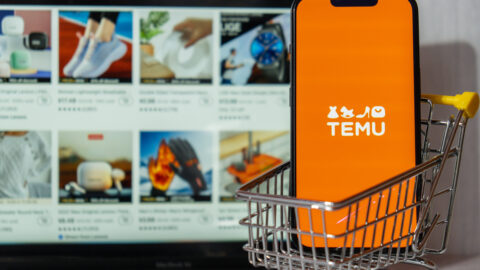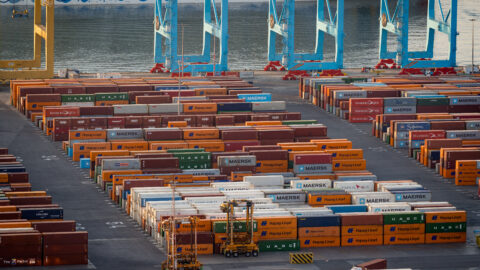U.S. tariffs on $34 billion worth of Chinese goods took effect on July 6 and another $16 billion are proposed, but this could only be the beginning. The Office of the U.S. Trade Representative has released a list of $200 billion of Chinese imports to be subject to new tariffs, suggesting that these trade disputes will continue to escalate. The National Retail Federation (NRF) has been one of the strongest opponents of the tariffs; the association already has called, and CEO Matthew Shay recently told CNBC that the tariffs flat out “aren’t going to work.”
Thus far, the Trump administration has placed tariffs on products imported from China, Canada and the E.U., including steel, aluminum, lumber and cars. The administration has studied the prospect of imposing 20% tariffs on imported vehicles across the board, with Trump referring to auto tariffs as the biggest way to leverage more concessions in trade negotiations.
“The latest list of $200 billion of products to be subject to tariffs against China doubles down on a reckless strategy that will boomerang back to harm U.S. families and workers,” said David French, Senior Vice President for Government Relations at NRF in a statement. “The threat to the U.S. economy is less about a question of ‘if’ and more about ‘when’ and ‘how bad.’ Tariffs on such a broad scope of products make it inconceivable that American consumers will dodge this tax increase as prices of everyday products will be forced to rise. And the retaliation that will follow will destroy thousands of U.S. jobs and hurt farmers, local businesses and entire communities.”
U.S. Retailers, Consumers Could Bear Brunt Of $60 Billion In Added Costs
After the White House implemented the $34 billion tariffs on Chinese goods, China responded with its own tariffs on an estimated 1,300 American products. A partial list of some of the products that could see price increases over time as a result of retaliatory tariffs, potentially bringing headaches to retailers and consumers alike, has been organized by Experian:
- China (a projected $37 billion in added import tariff costs): Cars, fresh beef, frozen orange juice, soybeans, steel, aluminum, plastics, chemicals, machinery, boat parts, flash drives, thermostats, batteries and remote controls;
- Canada (projected $13 billion): Roasted coffee, whiskey, maple syrup, chocolate, washing machines, steel and aluminum;
- E.U. (projected $7 billion): Denim, T-shirts, motorcycles, cars, steel, aluminum, corn and peanut butter; and
- Mexico (projected $3 billion): Apples, pears, pork, sausages, lamps, blueberries, steel and aluminum.
With tariffs set to be placed on this many goods, it’s not out of the realm of possibility that bigger ticket items — electronics and furniture in particular — would increase in price as well if these trade wars continue to escalate.
The timing of the tariffs is confounding to many experts. Retail imports are up 6.8% year-over-year, with the 1.83 million Twenty-Foot Equivalent cargo Units (TEUs) imported setting a new record, according to NRF’s Global Port Tracker. These numbers are anticipated to increase in July to 1.87 million TEUs and again in August to 1.91 million TEUs, before decreasing in September. It is unknown how the tariffs will affect the total of imported goods at this time.












